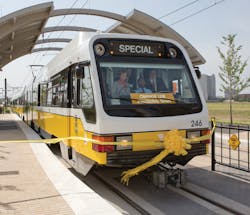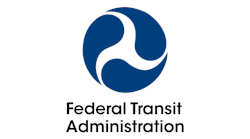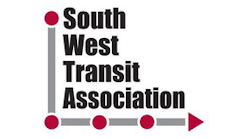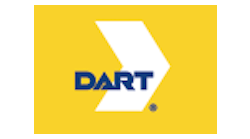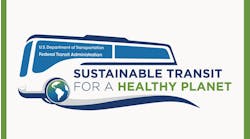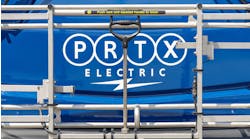During the 2018 South West Transit Association Freedom Through Transit Annual Conference the session "Transit Procurement Hot Topics," provided an open discussion about procurement process and what issues agencies come across. The session was led by James Harper, director of acquisition management of the Federal Transit Administration and John Adler, chief procurement officer for the Dallas Area Rapid Transit and the American Public Transportation Association procurement and materials management chair.
When it comes to procurement there are plenty of rules and regulations that need to be abided by. Agencies often are faced with receiving unsolicited pronouncements, but what is the the typical response that agencies respond with? Members of the session voiced that a good boilerplate response is to say if the inquiring company is interested to put a formal proposal together for them.
"There is a process with acquisition regulations," said Harper. "They determine if it is a good proposal and they determine if it is a good document."
Adler said explained that DART has turned to technology to manage the unsolicited proposals they receive. "We put in a portal for unsolicited proposals and we decide if we’re in our peak if its something interesting. Boy do you get a bunch of junk, but we did get a good proposal … we’re still in the process of negations, but I think it is going to be great for our riders and agency."
Another important aspect of when making the procurement process and the project successful is that it needs to be advertised that your agency is going to be in a partnership with that company. They both voiced that if that isn't articulated in the beginning, unsolicited proposals can get difficult.
On the other side, some suppliers in the session expressed that they don't seem to get enough time after the response from the agencies when going after an RFP.
"I tell me staff the day before proposals are due, don't wait to respond," said Adler.
"Your industry will notice that you’re getting ready to send this out," said Harper.
Adler and Harper then asked the question of an emergency procurement situation, where an agency is already behind schedule and do not have completed plans and specifications. If you do not have time for full and open competition, what do you do?
Harper explained, "We have at least 80 days to enter in a contract, which is one way to handle an emergency."
Adler said that DART was faced with an infrastructure emergency. "We had to have a solution right away. Monday we had a contract in right away, we had priced and scheduled it. You can contact your firms, you get the competition that you can get, I would have contacted the companies and see how fast they could do that. All that goes into your proposal."
Both stressed that a lack of preparation does not create an excuse to not form a successful procurement partnership. The question was also raised about the process of piggybacking. Instead of doing a full and open competition, there can be a choice to piggyback, but there needs to be a clause within the project process.
"Piggybacking is not preferable at FTA; we recommend procurement partnerships," said Harper.
